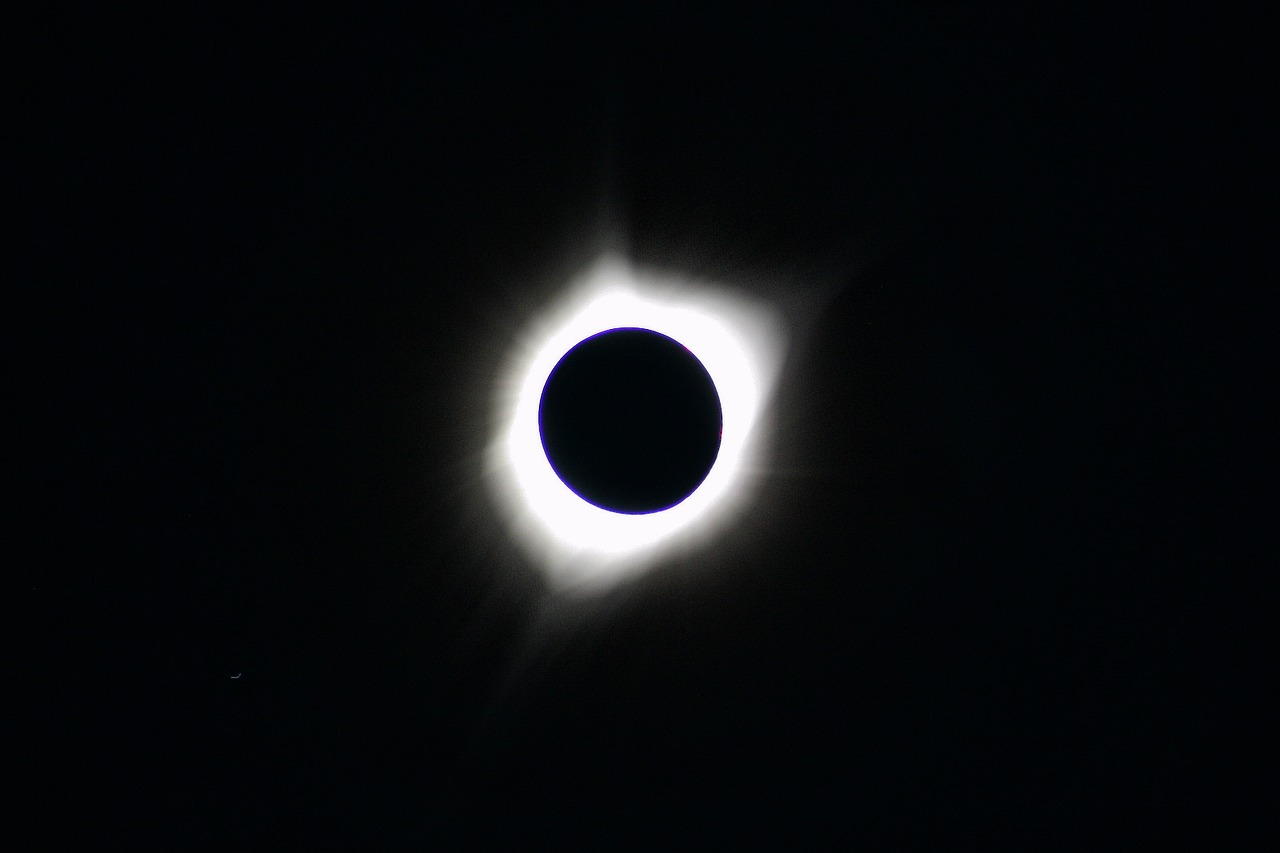Saturday morning, October 14th, 2023 a “Ring of Fire” Solar Eclipse will be visible between 9:10 and 11:50 a.m. as it crosses North America, “But Montanans need to be careful watching the eclipse”, says Walt McIntosh, President of the Montana Youth Aerospace Project (MYAP) and a Civil Air Patrol (CAP) Aerospace Education Officer. “Without proper eye protection the sun can seriously hurt our eyes and even blind us. Regular sunglasses won’t protect your eyes.”
To help youth experience the eclipse safely, a free public viewing opportunity has been coordinated with Montana Technological University and MYAP. Kids of all ages are invited to come to the Intramural Field at Montana Tech, located south of the HPER Building on West Park Street and east of the World Museum of Mining in Butte. Attendees will be able to safely view the eclipse through Solar viewing glasses and telescopes, while learning about the Science behind the eclipse as it happens.
A Solar, or “Sun” Eclipse occurs when our moon passes between Earth and the Sun, blocking all – or some – of the Sun’s rays from a path on Earth. During a Total Solar Eclipse, the moon completely blocks all of the Sun’s radiation in the Path of Totality, while other areas on Earth may see only a partial crescent-shaped eclipse. During an Annular, or ‘Ring of Fire’ Solar Eclipse, the moon is at a far distance in its elliptical orbit around Earth and does not fully block out the Sun in the Path of Annularity, but outlying areas would still see a crescent-shaped eclipse.
During this October 14 eclipse, in the narrow Path of Annularity (maximum obscuration), which will pass from Eugene, Oregon southeasterly to San Antonio, Texas, the eclipse will be seen as the moon blocking 90% of the Sun, with a bright ‘Ring of Fire’ visible around the outside of the moon. From areas in North America not in the Path of Annularity, the eclipse will appear crescent-shaped. McIntosh reports that in Butte, the maximum coverage will occur at 10:27 a.m. with about 73% obscuration, “and things are going to look weird in the dim light.”
During the eclipse, Cadets from CAP’s Butte Squadron will join with hundreds of other CAP squadrons across the United States to document scientific readings during the eclipse through a partnership with NASA (National Aeronautics and Space Administration). Data collected on October 14 will be used to develop experiments for the next eclipse, a Total Solar Eclipse coming Monday morning April 8, 2024. It is hoped that data from these mass experiments helps humanity learn more about the Sun and its interaction with our atmosphere.








